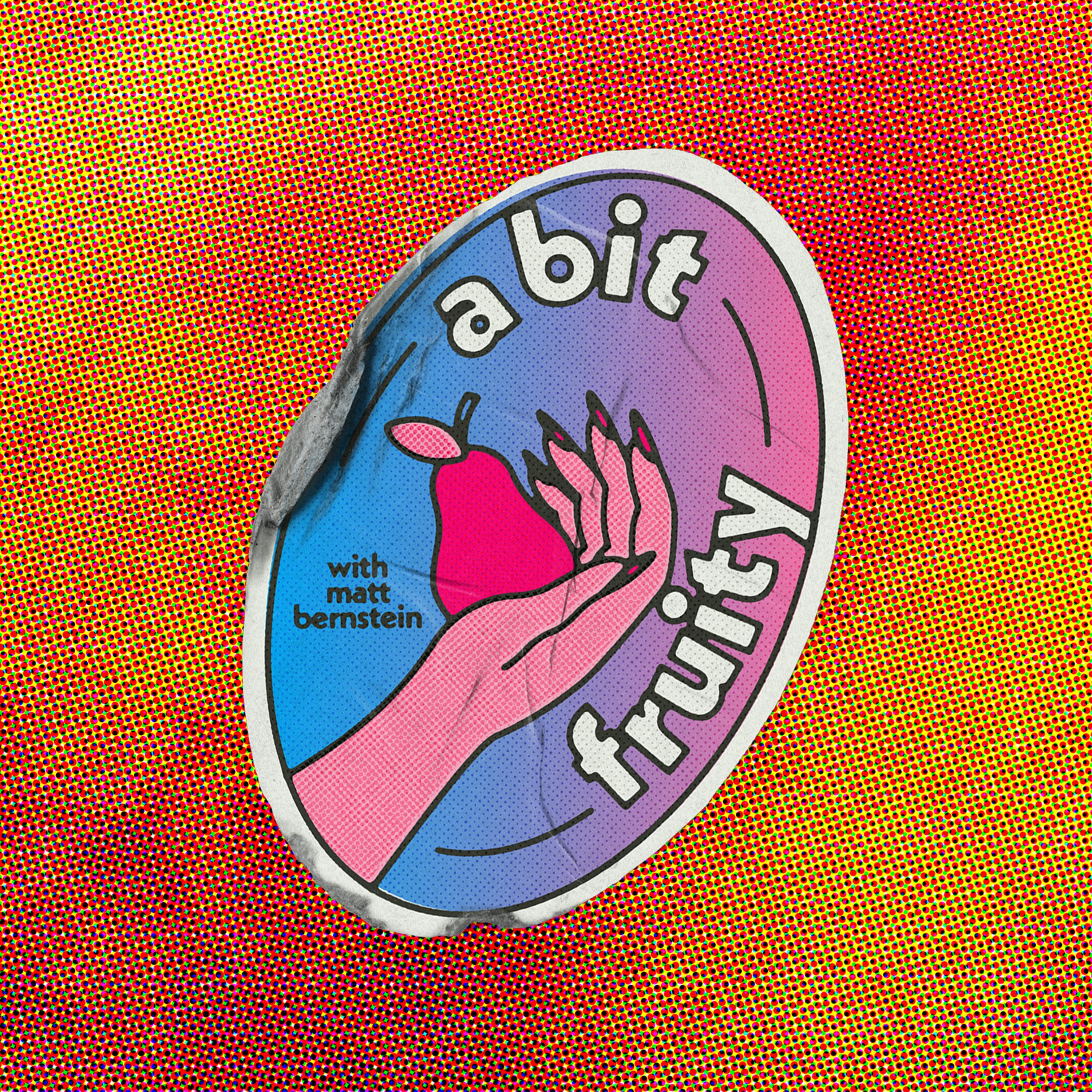The Crunchy to Far Right Pipeline
How does a harmless interest in yoga turn into a crusade against homosexuals in public schools? Specific though it seems, we’ve all seen it happen: a friend with a seemingly innocuous interest in wellness starts “doing their research”, and one year later, bam: QAnon. Sparked by some recent beauty influencer drama, Derek Beres of Conspirituality helps us identify the far right’s Goop-iest seduction tactic.
Support me + listen to bonus episodes on Patreon!
Get an exclusive 60% on Incogni! https://incogni.com/fruity.
Huge thanks to Blueland for sponsoring today’s show. Get 15% off a cuter, more sustainable way to clean at www.blueland.com/fruity.
Me on Instagram.
A Bit Fruity on Instagram.
Learn more about your ad choices. Visit megaphone.fm/adchoices
Support me + listen to bonus episodes on Patreon!
Get an exclusive 60% on Incogni! https://incogni.com/fruity.
Huge thanks to Blueland for sponsoring today’s show. Get 15% off a cuter, more sustainable way to clean at www.blueland.com/fruity.
Me on Instagram.
A Bit Fruity on Instagram.
Learn more about your ad choices. Visit megaphone.fm/adchoices
Press play and read along
Transcript
Transcript is processing—check back soon.
A Bit Fruity with Matt Bernstein — The Crunchy to Far Right Pipeline
